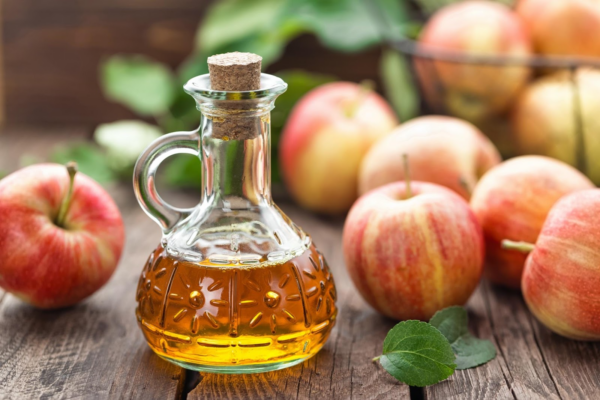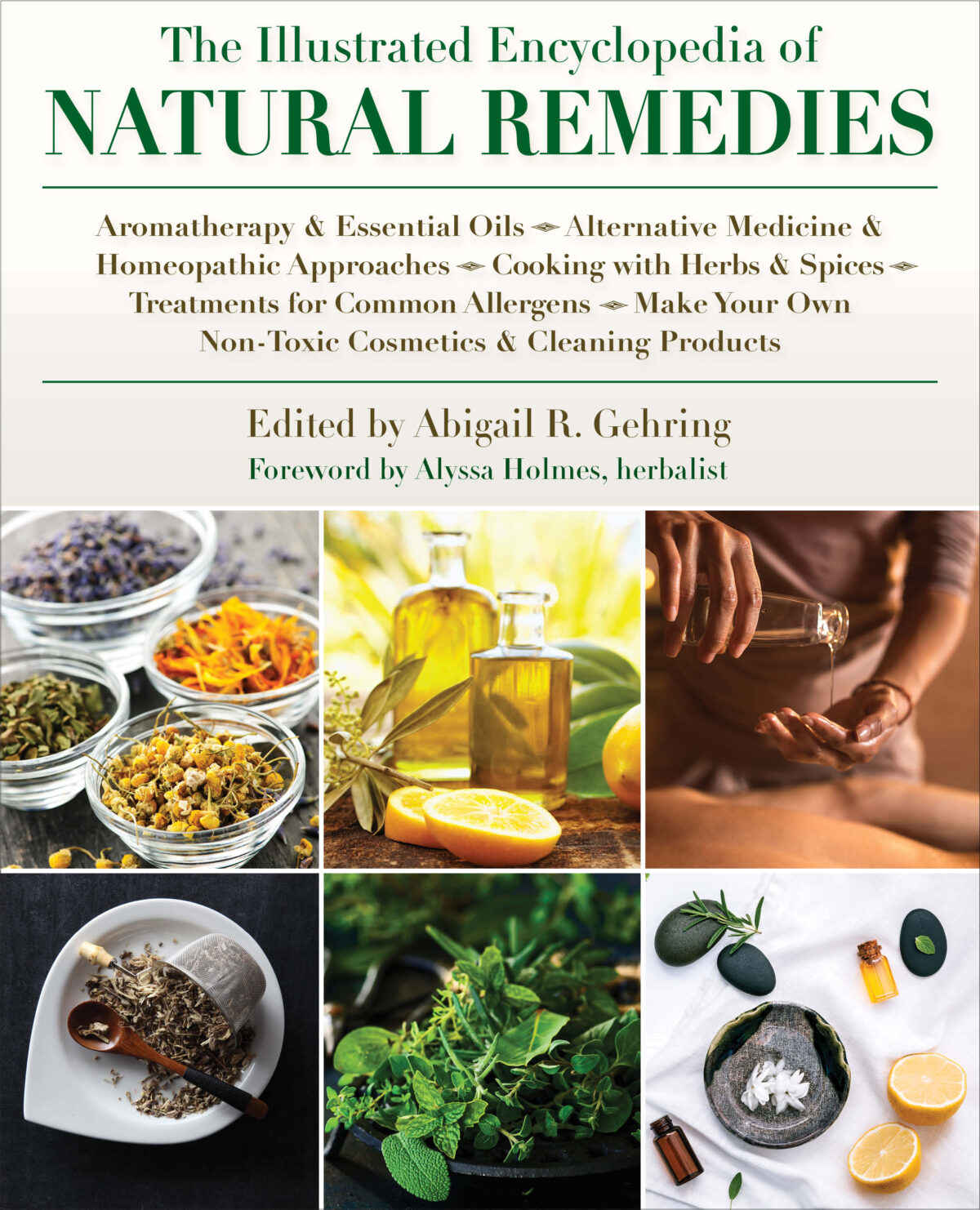


Editor’s Note:
Do you frequently find yourself stuck in a slump? Are things just not as fun as they used to be? You may be going through a bout of depression. Or perhaps you’ve been dealing with this condition for many years. There are many herbal remedies out there that may help to reduce depressive symptoms. In her latest book, “The Illustrated Encyclopedia of Natural Remedies” Abigail Gehring discusses some lesser-known herbal treatment options, like apple cider vinegar and hawthorn leaf.
Disclaimer: The remedies below are not to be used as a medical treatment for depression. If you are on any medications, please consult with your health care practitioner first before starting on any herbal remedies.

Depression can range from serious metabolic disorders to occasional mood problems. The severity and causes can vary widely from individual to individual. Serotonin levels have been found to greatly influence moods. Apple cider vinegar is believed to help with serotonin levels in the brain.
Some Eastern medicine practices subscribe to the belief that depression is caused by having a stagnant liver. Taking a daily dose of apple cider vinegar works as a liver-cleansing tonic. This is promoted by the amino acids that it contains.
Ingredients:
Directions:
There is a huge difference between mild and severe cases of depression, and severe depression should always be treated clinically with the help of a physician. Mild forms of depression are easier to treat with herbal medicine. Besides making sure you are getting enough sunshine (plenty of vitamin D), regular exercise, and consuming a good diet, there are also a handful of herbs that can aid and combat depression successfully—the most notable being St. John’s wort. Others include ginseng, hawthorn, lavender, lemon balm, and milk thistle.
Recent studies have found “significant effects of ginseng supplements on well-being and depression, compared with placebo.” Lavender and lemon balm are both able to create feelings of calmness and relaxation in those who consume it, and they can be used to treat mild depression.
This excerpt has been adapted from “The Illustrated Encyclopedia of Natural Remedies” by Abigail Gehring. To buy this book, click here.


